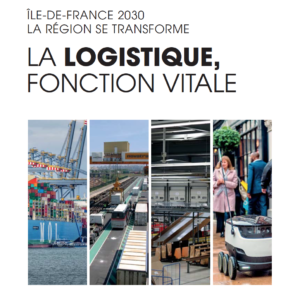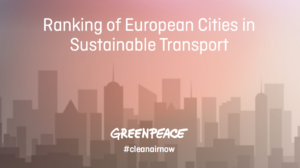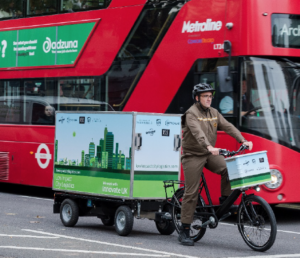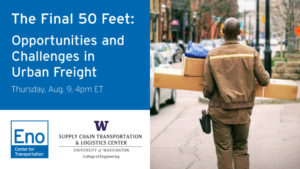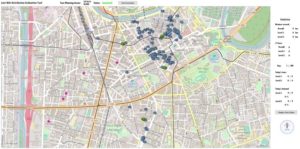Sidewalk Labs: building smarter, smart cities
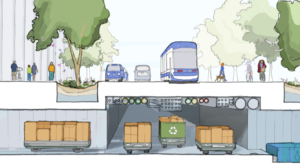
An ambitious project by Alphabet subsidiary Sidewalk Labs could reshape how we live, work, and play in urban neighborhoods. Toronto’s waterfront, where the eastern part of the city meets Lake Ontario, is a patchwork of cement and dirt. Torontonians describe the site as blighted, underutilized, and contaminated.
New ways of funding for future mobility
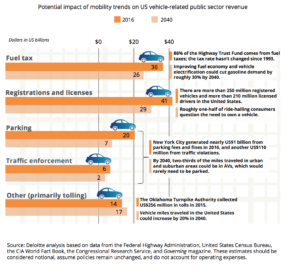
Most governments rely heavily on revenue generated directly and indirectly by transportation. Everything from fuel taxes to parking fees, traffic violation fines, value-added taxes from vehicle purchases, subway and bus fares, and registration and licensing charges can provide critical revenue to maintain infrastructure, support public transit, and more.
Research: using the SCOR-model for UCCs
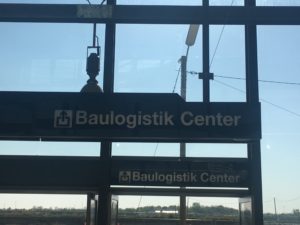
Urban Consolidation Centres (UCCs) are a popular measure in city logistics, but many of the UCC projects are granted only a short life. These facilities are often view as creating benefits for the society and costs for the private sector. Recent research and experiences show however that additional value-added activities performed in these platforms are …
Research: policy instruments to promote e-mobility in the EU
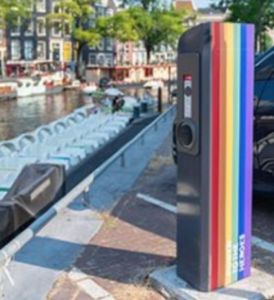
Despite its environmental benefits, the amount of Electric Vehicles (EVs) in use within the European Union 28 is still very limited. Poor penetration might be explained by certain factors that dissuade potential buyers. To balance these factors and promote electro-mobility, EU Member States have established incentives to increase demand. However, the various measures are scattered.
Greenpeace: which European cities score well on sustainable transport?
London: call for evidence on e-mobility for city logistics
Webinar August 9: the final 50 feet in city logistics
Research: simulation for the integration of cargo bikes in city logistics
The rise of the five-minute shopping trip
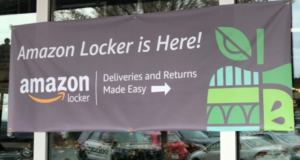
Micro-shopping trips, defined as trips that take less than five minutes, are becoming increasingly common thanks to grocery services that let customers order online and pick up in-store. The increase is attributed to lockers, where shoppers can pick up preordered items. Bryan Pearson reports about it in Forbes.

